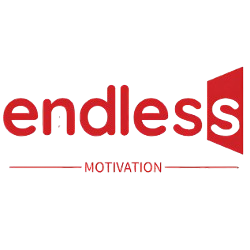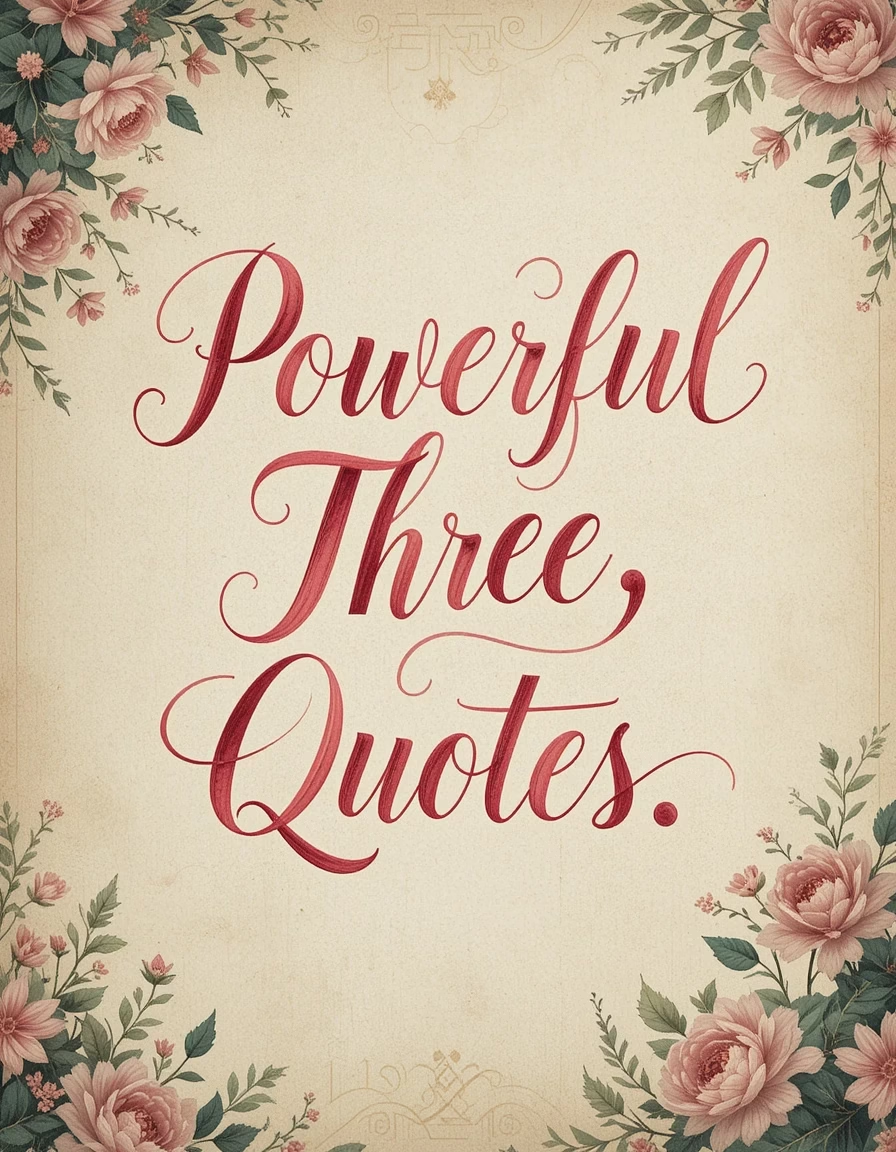Words shape our thoughts, actions, and ultimately, our destiny. While grand speeches and complex philosophies have their place, sometimes the simplest phrases carry the deepest impact.
In a previous post, we explored “I Choose To,” “Let It Go,” and “What If?”—three word combinations that empower mindset shifts. Now, let’s dive into three more powerful phrases that can transform relationships, productivity, and self-worth.

1. “I Don’t Know”
The Power of Humility
In a world that rewards certainty, admitting “I don’t know” feels uncomfortable. Yet, this phrase is a gateway to growth.
Why It Works:
- Encourages learning – Instead of pretending to have all the answers, you open yourself to new knowledge.
- Builds trust – People respect honesty more than false confidence.
- Reduces pressure – You free yourself from the burden of needing to be perfect.
When to Use It:
✔ When asked a question you’re unsure about.
✔ When facing a complex problem—instead of guessing, seek answers.
✔ When mentoring others—showing vulnerability makes you more relatable.
Example:
Instead of bluffing in a meeting: “I don’t know the answer yet, but I’ll find out and follow up.”
2. “Tell Me More”
The Power of Listening
Most conversations are spent waiting to speak rather than truly listening. “Tell me more” shifts the focus to the other person.
Why It Works:
- Deepens relationships – People feel valued when heard.
- Unlocks insights – You gain perspectives you might have missed.
- Defuses conflict – Instead of arguing, you seek understanding.
When to Use It:
✔ In disagreements – “Tell me more about why you feel that way.”
✔ In networking – “Tell me more about your work.”
✔ With loved ones – “Tell me more about what’s on your mind.”
Example:
A friend says, “I’m just really stressed lately.”
Instead of jumping to advice: “Tell me more—what’s been on your mind?”

3. “Enough for Now”
The Power of Boundaries
We live in a culture of “more”—more work, more hustle, more achievement. But “Enough for now” is a radical act of self-care.
Why It Works:
- Prevents burnout – You acknowledge limits without guilt.
- Improves focus – Instead of endless tasks, you prioritize what matters.
- Encourages presence – You savor progress instead of chasing perfection.
When to Use It:
✔ At work – “I’ve done enough for today; I’ll revisit this tomorrow.”
✔ In personal goals – “I’ve trained hard enough for now—rest is part of progress.”
✔ With social media – “I’ve scrolled enough for now; time to disconnect.”
Example:
Instead of obsessing over a project: “This draft is enough for now. Fresh eyes tomorrow will help.”
How to Apply These Phrases Together
- “I don’t know” → Embrace curiosity over ego.
- “Tell me more” → Listen to connect, not just respond.
- “Enough for now” → Respect your limits.
Real-Life Scenario: A Tough Work Project
- Old approach: “I should know how to fix this… I’ll just keep grinding until it’s perfect.”
- New approach:
- “I don’t know the solution yet—let me ask for help.”
- “Tell me more about what the team thinks.”
- “I’ve done enough for now; I’ll recharge and revisit.”
Final Thoughts
Language rewires the brain. These three phrases—“I don’t know,” “Tell me more,” and “Enough for now”—might seem small, but they cultivate:
✔ Humility (to learn),
✔ Connection (to understand others),
✔ Balance (to sustain success).
Challenge: Pick one phrase to practice this week. Notice how it shifts your interactions and mindset.

